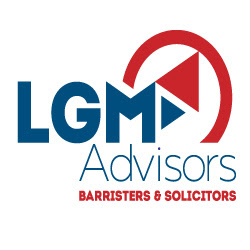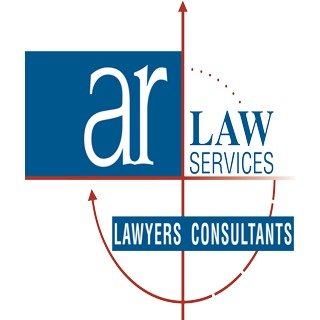Best Bankruptcy Lawyers in Melbourne
Share your needs with us, get contacted by law firms.
Free. Takes 2 min.
List of the best lawyers in Melbourne, Australia
About Bankruptcy Law in Melbourne, Australia
Bankruptcy law in Melbourne, Australia is primarily governed by the Commonwealth Insolvency Act 1966. It mainly deals with organising the financial affairs of an individual or business unable to fulfil their debt commitments. Declaring bankruptcy in Melbourne absolves an individual of most of their debts but it has significant implications such as restrictions on obtaining future credit and potential loss of assets.
Why You May Need a Lawyer
Legal assistance in matters of bankruptcy can save individuals from probable financial and emotional distress. You might need a lawyer if you are unable to pay off your debts, struggling to negotiate with creditors, or unsure about the legal processes and consequences of declaring bankruptcy. Further, it is wise to seek professional legal counsel if you wish to understand alternative debt management solutions.
Local Laws Overview
The Bankruptcy Act of 1966 dictates local bankruptcy laws. If declared insolvent, an individual's assets are entrusted to a trustee (which can be the Australian Financial Security Authority), who then arranges distribution to the creditors. It usually lasts for three years but can be extended. Some debts, such as child support, court fines, student loans, and some tax debts are not covered by bankruptcy. Also, disclosure of your bankruptcy is required when obtaining a loan over a set amount.
Frequently Asked Questions
1. Can all debts be cleared with bankruptcy?
No, not all debts can be cleared. Debts related to child support, court fines, student loans and some tax obligations remain.
2. How long does bankruptcy last?
Typically, bankruptcy lasts for three years, but the duration can be extended under certain circumstances.
3. Will I lose all my personal belongings?
Not necessarily. Many household items and work equipment are exempt from being sold to repay debts.
4. Can I travel overseas if bankrupt?
Yes, but the Bankruptcy Act necessitates written permission from the trustee before travelling overseas.
5. What is the impact on my credit rating?
Bankruptcy will affect your credit rating for several years even after discharge, potentially limiting your ability to obtain credit or loans.
Additional Resources
The Australian Financial Security Authority is a regulatory body providing important resources concerning bankruptcy. It's also useful to consult resources from MoneySmart, a service initiated by the Australian Securities and Investment Commission (ASIC) to provide guidance on managing money and debt troubles.
Next Steps
If you require legal assistance in matters of bankruptcy, start by seeking out a legal practitioner experienced in the field. Scheduling a consultation will provide you an idea of your options and suggested courses of action. Following this, if bankruptcy is the recommended path, an authorized debt agreement administrator or a registered bankruptcy trustee will be able to guide you through the formal process.
Lawzana helps you find the best lawyers and law firms in Melbourne through a curated and pre-screened list of qualified legal professionals. Our platform offers rankings and detailed profiles of attorneys and law firms, allowing you to compare based on practice areas, including Bankruptcy, experience, and client feedback.
Each profile includes a description of the firm's areas of practice, client reviews, team members and partners, year of establishment, spoken languages, office locations, contact information, social media presence, and any published articles or resources. Most firms on our platform speak English and are experienced in both local and international legal matters.
Get a quote from top-rated law firms in Melbourne, Australia — quickly, securely, and without unnecessary hassle.
Disclaimer:
The information provided on this page is for general informational purposes only and does not constitute legal advice. While we strive to ensure the accuracy and relevance of the content, legal information may change over time, and interpretations of the law can vary. You should always consult with a qualified legal professional for advice specific to your situation.
We disclaim all liability for actions taken or not taken based on the content of this page. If you believe any information is incorrect or outdated, please contact us, and we will review and update it where appropriate.












